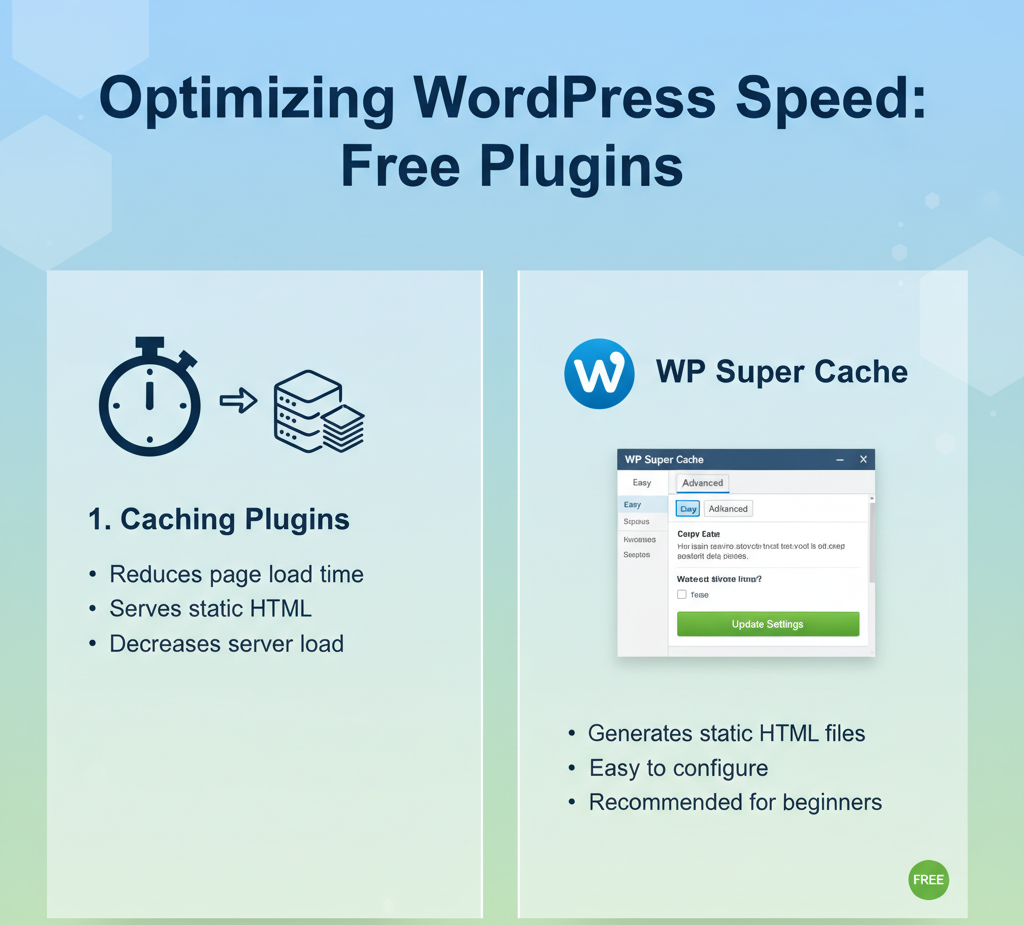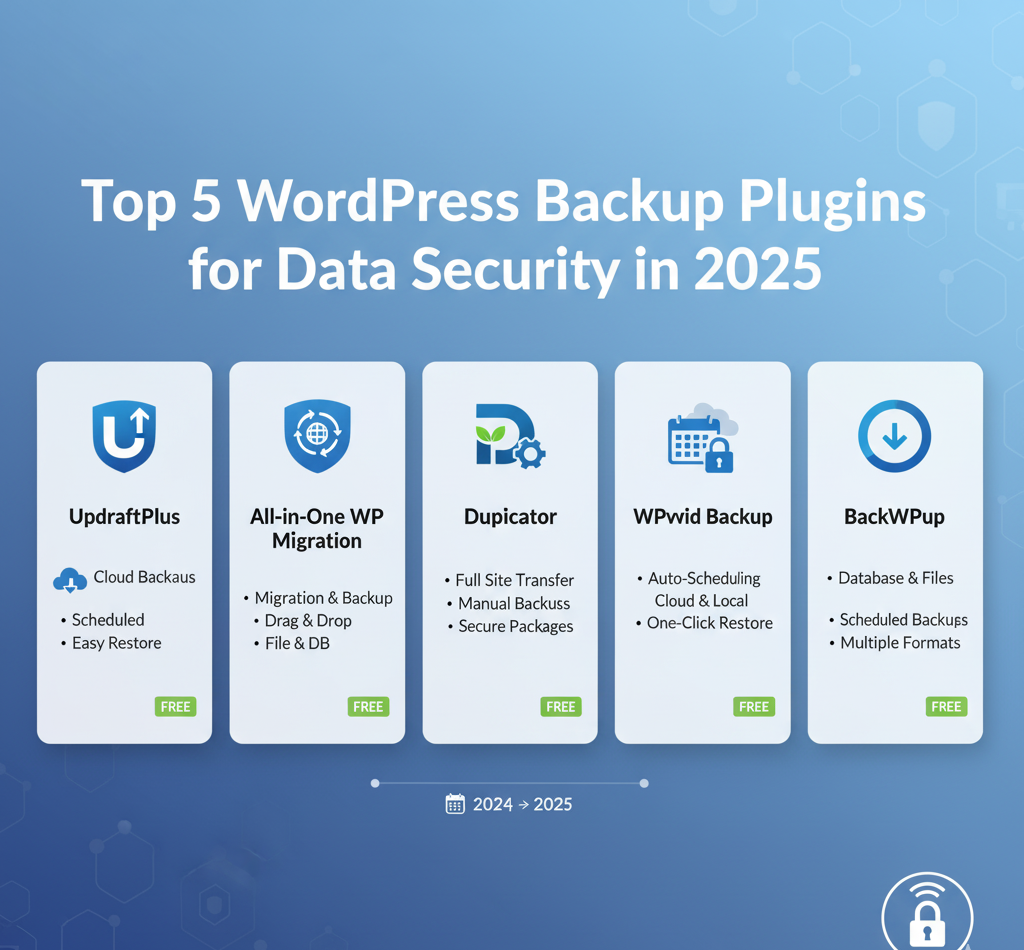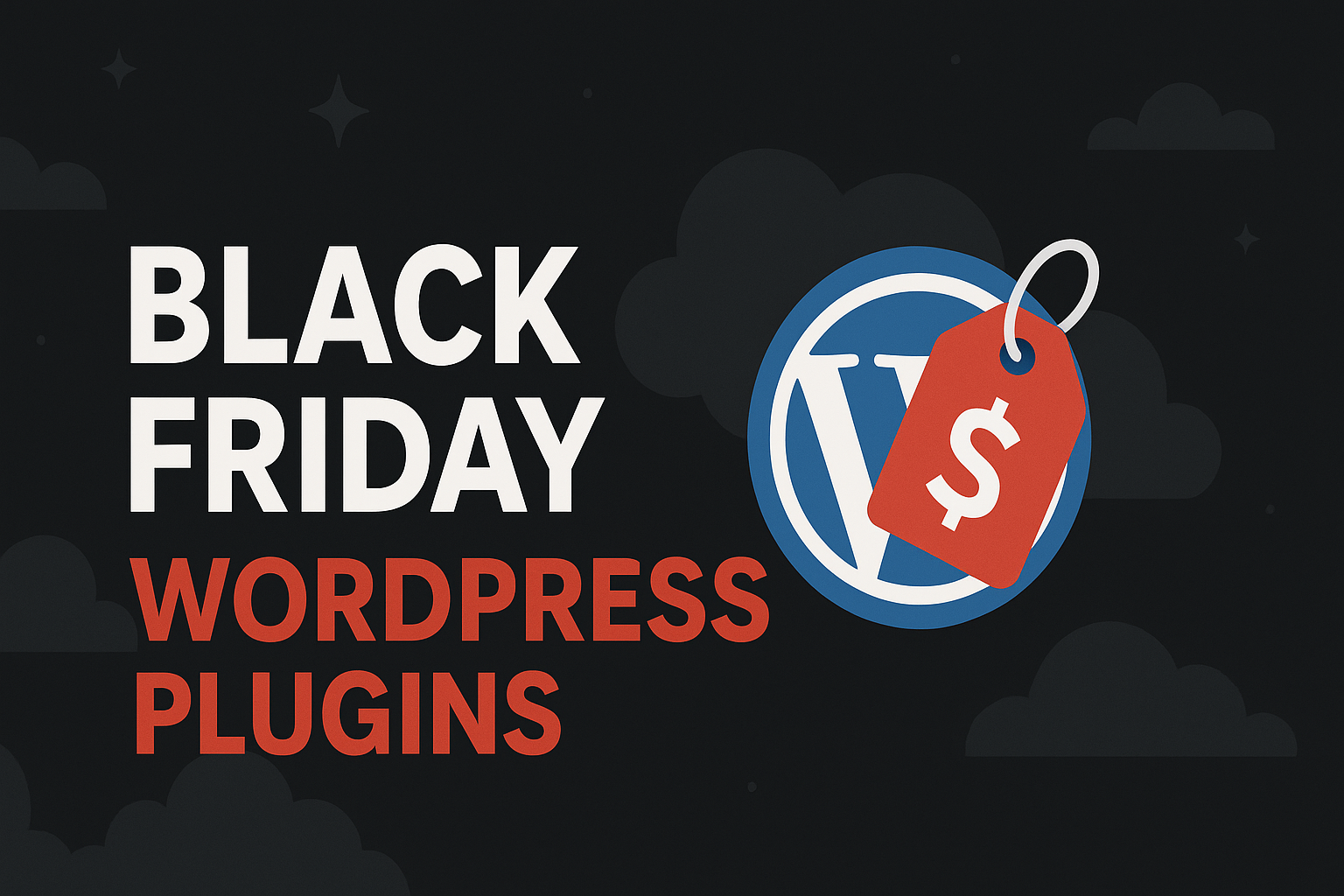In today’s fiercely competitive digital landscape, website speed is no longer optional, it is mission-critical. A slow-loading website can sabotage user experience, lower search rankings, and significantly reduce conversion rates. At our agency, we understand that milliseconds matter, and we’re here to walk you through the most powerful, actionable, and cutting-edge strategies to turbocharge your WordPress website speed in 2025. User experience is greatly impacted by seemingly insignificant time delays. This is especially true for eCommerce sites, where a mere three-second delay is associated with an estimated 40% abandonment rate.
Individuals will click away after a few seconds because they simply do not want to wait. You really need to capture a user’s attention because there are hundreds of other websites that are only a mouse click away; waiting for your site to load accomplishes the exact opposite. Given this, having a quick and effective website is actually essential to succeeding in the cutthroat online market of today.
Now, when it comes to the speed at which your website loads, plugins are only a small part of the puzzle. A better hosting provider, a content delivery network (CDN), and a lightweight theme can significantly improve your WordPress website speed. These elements work together to enhance overall performance and ensure faster loading times.
Top WordPress Speed Up Plugins
1. Database Plugin: WP-Optimize

Your WordPress database contains all of your posts, pages, comments, and revisions. It must be retrieved from this database each time a user wishes to view one of your posts. By optimizing your database, you can achieve significant speed gains because each revision and auto-save takes up space.
Additionally, it lets you swiftly eliminate any queued spam comments, which can be difficult to do by hand. It also makes it easier to remove unwanted content rather than just putting it in the trash, which is another fantastic feature. WP-Optimize plugin can tell you how much space optimization can save and how big your database is right now, so you can see how effective it might be.
2. Caching Plugin: W3 Total Cache

The W3 Total Cache plugin is among the most well-liked and highly regarded caching plugins. Every webmaster needs a caching plugin, and one such as W3 Total Cache will significantly speed up your load time.
A static version of your website is kept on the server by a caching plugin. Your website’s images, CSS, and JavaScript are infamously resource-intensive to load, so it doesn’t make sense to do it every time, especially if you don’t use it frequently. This improves the speed of your website and saves a lot of resources.
3. Lazy Load Plugin: Lazy Load

The LazyLoad plugin is another one that merits mention here. As the name implies, it only shows images when the user scrolls to that section of the page. This implies that a website’s first view can load exceptionally fast, increasing pagespeed overall, enhancing user experience, and frequently boosting SEO. The plugin can be used on thumbnails and images in posts, pages, and widgets. It also works with YouTube iFrames.
4. Image Size Plugin: Smush

Smush is an additional plugin to think about. WPMU DEV created this plugin, which simplifies image optimization in multiple ways while the image is being uploaded. Alternatively, optimization can be done manually in the past. Among these features are compression, resizing, and lazy loading of images. You can anticipate lossless compression, a bulk smush option that lets you compress up to 50 images at once, and an incorrect image size notification that lets you know when an image is too large so you can resize or compress it to speed up your website.
The Smush plugin removes unnecessary colors from indexed images and removes all metadata from JPEGs.
5. Script Optimization: Flying Analytics

The Flying Analytics plugin, developed by the same person who created Flying Scripts. With just a basic JavaScript file and this plugin, you can host Google Analytics locally. In particular, if you still wish to use Google Analytics but have been dissatisfied with how it usually works in WordPress, this simple plugin can help speed up site performance.
6. To Organize Plugins: Plugin Organizer

Another plugin that is worth taking into account in this context is the Plugin Organizer, which simplifies the process of maintaining the organization of your installed plugins. It allows you to choose which plugins load first, in other words.
With this level of fine-grained control, you can significantly increase page speed. You may also choose to turn off specific plugins when a particular URL or post type loads. But because it can damage your website, you should use this plugin very carefully. Prior to using your site, make sure you have a backup!
7. General Optimization: Hummingbird

An all-in-one plugin could be a good option to further increase page speed. Hummingbird uses automated performance adjustments and tweaks to make your WordPress website faster overall. Additionally, it provides you with manual control over features like site caching, CSS and JavaScript minification, file and image compression, and lazy loading. This type of plugin can be “set it and forget it” or you can customize it by going into the settings.
8. Minification: Asset CleanUp

The Asset CleanUp plugin is a fantastic option if you want to completely control code minification. Additionally, it removes superfluous elements from your website and minifies and combines CSS and JavaScript files.
It will ensure that only the assets for the relevant plugins are loaded for each relevant post or page, for example, if you have multiple plugins installed but they aren’t applicable to every page. This helps to streamline the use of plugin code assets throughout your website, going beyond code minification and debugging.
9. Script Optimization: Flying Scripts

One such plugin is Flying Scripts, which delays JavaScript execution until a visitor hasn’t done anything on your website. You also have the option to specify which JavaScripts you want to have delayed by keyword. This is another method to improve the performance of your website, but it’s a fairly simple one if you want to get really into it.
Conclusion
Website speed is a critical factor for user experience, conversions, and SEO success. In the competitive eCommerce and content-driven market, even a slight delay can drive users away. While plugins play a role in improving WordPress website speed, they work best when combined with fundamental optimizations like quality hosting, a CDN, and a lightweight theme. Using tools such as caching, image optimization, and script management plugins can dramatically boost loading times and ensure a smoother browsing experience for your visitors.
FAQs
1. Why is website speed so important?
Website speed impacts user experience, SEO rankings, and conversion rates. Studies show that a 3-second delay can result in a 40% increase in bounce rates.
2. Can plugins alone make my WordPress site fast?
No, plugins are just one piece of the puzzle. Hosting quality, CDN usage, and theme optimization are equally crucial for achieving significant speed improvements.
3. How does a caching plugin improve performance?
Caching plugins create static versions of your website pages, reducing the need for repeated resource loading and database queries, which speeds up load times.
4. What is lazy loading, and why should I enable it?
Lazy loading delays the loading of images and videos until the user scrolls to them. This improves initial page load of WordPress website speed and reduces bandwidth usage.
5. Does image size really affect WordPress website speed?
Yes! Large images are one of the biggest culprits for slow websites. Tools like Smush optimize image sizes without reducing quality, making your site faster.
6. Is it safe to use plugins like Plugin Organizer?
Yes, but with caution. Plugin Organizer allows you to control which plugins load on specific pages, improving performance. Always create a backup before making changes.
7. Which is better: multiple specialized plugins or one all-in-one plugin like Hummingbird?
It depends on your needs. All-in-one plugins are convenient and beginner-friendly, while specialized plugins offer more control and customization for advanced users.



